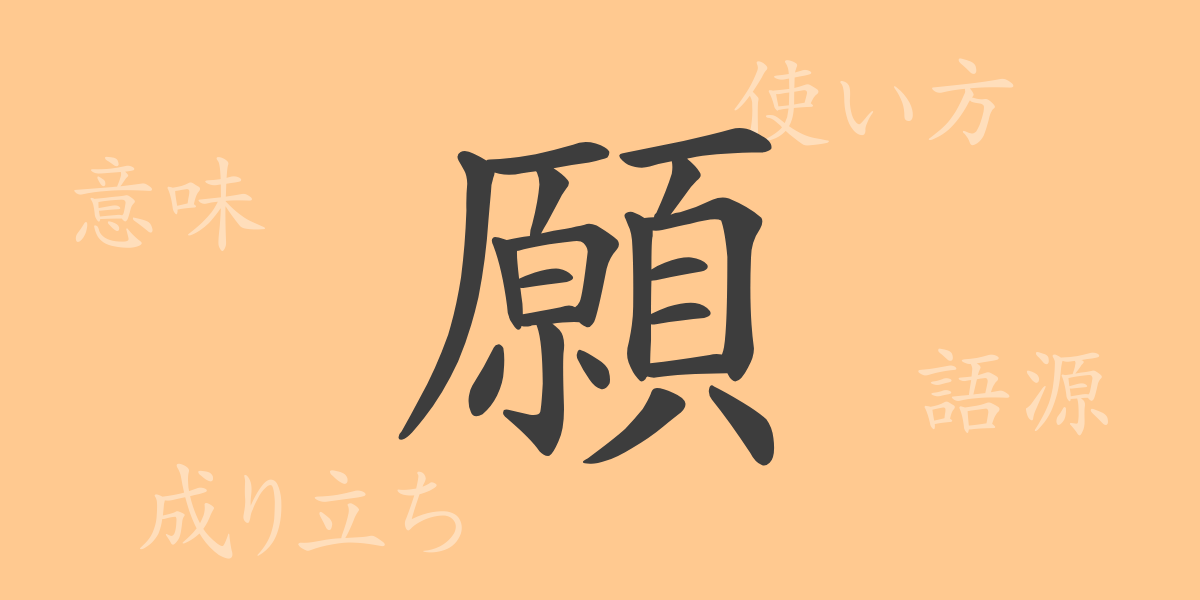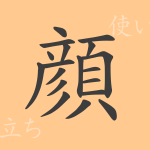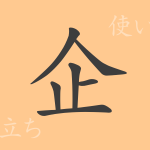Humans hold wishes and strive daily to make them a reality. The Japanese Kanji ‘願’ (Nega-i), symbolizes our hopes and desires, with each stroke imbued with the human spirit. This article delves into the profound world of ‘願’, exploring its usage and allure.
The Origin of 願 (Negai)
The Kanji ‘願’ (Nega-i) originates from ancient China. Originally, there was the character ‘原’ (Hara), which meant a hill or high ground. By adding ‘言’ (Gen), meaning words, on top of it, the implication of prayers and wishes being conveyed to the heavens from a high place was born, and thus the Kanji ‘願’ was established. In this way, ‘願’ has been passed down as a symbol of prayers and wishes expressed through words.
The Meaning and Usage of 願
‘願’ (Nega-i) is widely used in Japanese to express hopes and wishes. Specifically, it is used when conveying one’s own wishes to others or to deities, hoping for them to be granted. It is also used when asking something of others. In everyday conversation, literature, and business settings, the character ‘願’ can be seen employed in various forms.
Readings, Stroke Count, and Radical of 願
The Kanji ‘願’ (Nega-i) has multiple readings in Japanese.
- Readings: The On’yomi (Sino-Japanese reading) is ‘Gan’, while the Kun’yomi (native Japanese reading) is ‘Nega-u’ .
- Stroke Count: ‘願’ has a total of 19 strokes.
- Radical: The radical is ‘頁’ (Oogai).
Phrases, Idioms, and Proverbs Using 願 and Their Meanings
There are numerous phrases, idioms, and proverbs that include ‘願’. Here are some of them:
- 成就願望 (Joujuganbou): A strong desire for one’s goals or dreams to be realized.
- 願書 (Gansho): A document submitted to a school or organization to express the desire to enroll or join.
- 願い事 (Nega-i-goto): Matters one wishes to come true.
- 願いが叶う (Nega-iga -Kana-u): When a wish comes true.
- 一心不乱 (Isshinfuran): To concentrate one’s heart on one thing without being distracted by other things. It describes the state of focusing to achieve a wish.
Conclusion on 願
The Kanji ‘願’ (Nega-i) is a character that symbolizes our hopes and desires, cherished by many people from its formation to the present day. Not only its readings, stroke count, and radical but also the deep meaning can be understood from the phrases and idioms it comprises. ‘願’ transcends mere characters, serving as a bridge connecting people’s hearts and wishes, and will continue to play an important role in our lives.

























